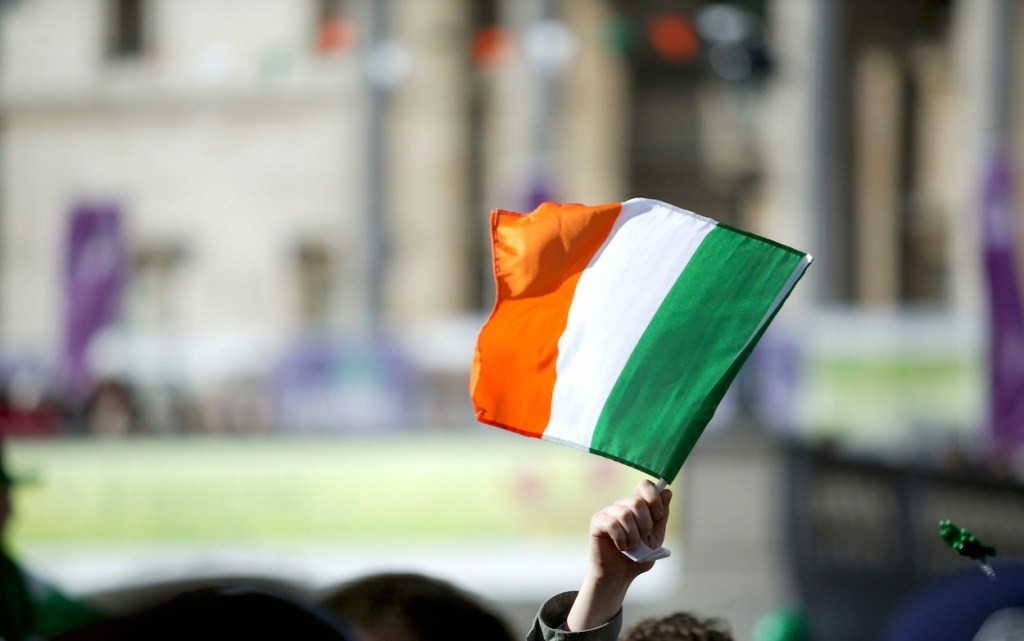There is a weary inevitability about Scotland’s First Minister, John Swinney, promising to ‘eradicate child poverty’ as his ‘single most important objective’. We’ve been here before. Both Humza Yousaf and Nicola Sturgeon promised to do exactly the same. Indeed, those of us with long memories recall the Scottish Labour minister, Wendy Alexander, vowing in 1999 at the dawn of devolution that ‘the Scottish parliament will abolish child poverty’. It hasn’t: exactly the same proportion of children, a quarter, are in poverty today as was the case 25 years ago.
No amount of sophistry can obscure the reality that Scotland is treated more generously in public spending than much of the rest of the UK
So will Swinney succeed where others have failed? The Child Poverty Action Group, along with a bewildering network of poverty campaigners, say there is an obvious solution. If Swinney is serious, he must increase the Scottish Child Payment – made for every child in households which claim certain benefits or tax credits – to £40 per week. Mind you, they said something similar before Sturgeon originally introduced the £10 payment, and again when she increased it to £25. The Scottish government claims 90,000 children have been taken out of poverty as a result, but that figure doesn’t appear to be recognised by the poverty lobby.
What is clear is that the cost of this £25-a-week benefit, which is wholly funded by the Scottish government (and is on top of the UK-funded child benefit), has risen exponentially. The bill was £59 million in 2019 and is projected to soon cost nearly half a billion pounds at its present level. Were it raised to £40 a week, the Scottish government could be spending approaching even more on this one measure. This is simply unsustainable.
The Scottish government is already committed to spending £1.5 billion on its extra social security benefits, according to the Scottish Fiscal Commission. That just happens to be equivalent to the black hole that the head of the Scottish civil service, John-Paul Marks, said had to be plugged in the current spending year. Marks warned that deep cuts must be made to Scottish government spending if it is to stay afloat. Last week, Swinney declared a housing emergency. This week, he should be declaring a financial emergency.
Swinney no doubt blames Westminster ‘austerity’ for this fiscal crisis, just as his predecessor did – and all SNP finance ministers have sought to do since the party took office 17 years ago. But this accusation invariably rebounds, as it did last week, when the UK government points out that Scotland gets 25 per cent more spending per head than the rest of the UK. This is the result of the Barnett Formula for calculating the size of the Scottish block grant, which is currently £41 billion. No amount of sophistry from SNP politicians and tame academics can obscure the reality that Scotland is treated more generously in public spending than much of the rest of the UK. Yet SNP politicians persist in the fallacy that Scotland is being robbed.
The history of Scottish devolution reads like a fiscal morality tale. Successive Scottish politicians have encouraged special interests to campaign for more money from the state. If only we had independence, SNP leaders tell them, we could abolish child poverty tomorrow, eradicate hospital waiting lists, pay better pensions: it is only Westminster that is holding us back. But these appeals to collectivism are now coming home to roost.
Poverty campaigners say: well just tax the rich more. The Scottish government has full control of income taxes, doesn’t it? Surely higher earners should be enlisted to address this social evil of child poverty. In fact, they are. In recent years, more than 60 per cent of Scottish revenue has been coming from the top 16 per cent of taxpayers, according to the Fraser of Allander Institute. It is proving extremely difficult to raise much more from them.
Yousaf discovered this when he brought in the new 45 per cent tax band on those earning over £75,000, another measure which had been canvassed by the charitable third sector. Yet, even with the 1 per cent hike in the top rate, this will yield, according to the Scottish Fiscal Commission, a grand total of £80 million. That is about enough to run the £18 billion-a-year Scottish NHS for two days. And it is hospital waiting lists, not anti-poverty campaigns, that is currently the top priority for Scottish voters.
The Scottish government has tried to balance the books by relying on fiscal drag. But public sector workers like teachers and police are bewildered and angry to discover that, because of frozen thresholds, they are now classed as higher-rate tax payers. The only plausible solution to Swinney’s fiscal trap is economic growth to generate more jobs, higher salaries and increased tax receipts. It’s an old lesson that ‘civic Scotland’ is having to relearn. If you want to soak the rich you first have to have rich people to soak.








Comments